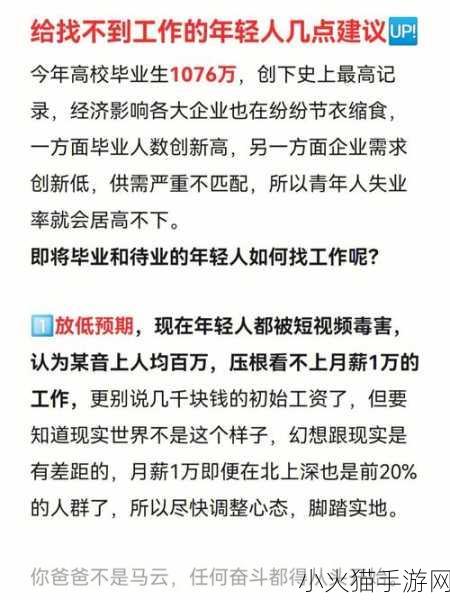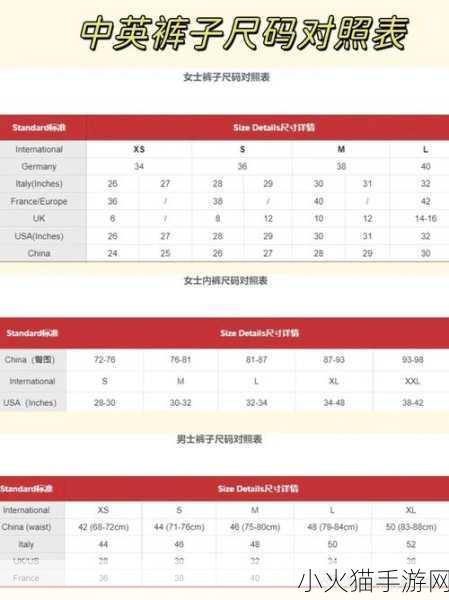おまえの母亲的由来与文化背景
“おまえの母亲”这一表达源于日本,通常被认为是一种不礼貌或挑衅性的用语。它在日常对话中并不常见,因为其带有强烈的情感色彩和社会隐含意义。这一短语不仅仅是字面上的意思,更反映了说话者之间复杂的人际关系。
从语言学角度看,“おまえ”表示一种非常口语化且非正式的称谓。在某些情况下,这样的称呼可能会显示出亲密,但更多时候,它也暗示着一定程度的不尊重。“母亲”则是一个更加直接且富有情感的话题,因为家庭永远是人们心中最柔软的位置之一。因此,将这两个词组合在一起时,其所传达的信息极为微妙、引人深思。

社会文化中的角色与影响
在日本文化中,家庭关系的重要性无法忽视。家长尤其是母亲,被视为保护者和教育者。然而,当“おまえの母親”的表述出现时,它却往往意味着矛盾甚至冲突。这种现象揭示了现代社会对于传统价值观念的一种挑战,也体现了年轻人与老一辈之间沟通方式上差异所导致的问题。
通过这种表达,可以观察到不同代际间对言辞界限理解的落差。在许多社交场合下,对方若以这样激烈的方式提及自己的妈妈,很容易引发争执或误解。而这种情况又反过来促使大家重新审视怎样更好地沟通,以及如何维护彼此间基本的人际尊重。

媒体与流行文化中的表现
"おまえの母親"频繁出现在漫画、动画以及影视作品当中,以生动形象地展现人物关系。很多时候,这句话成为调侃或者吸引眼球的方法,在轻松幽默之余,又充满了一丝紧张气氛。《银魂》等经典动漫便利用这样的台词推进剧情发展,同时增添一些戏剧效果,使得观看体验既搞笑又令人深思。
This phrase, therefore, has transcended its original meaning and become a cultural touchstone of sorts. In various media portrayals, the inherent tension is often softened through comedic contexts or over-the-top dramatization—allowing viewers to engage with these sensitive themes while enjoying the humor.
个人经历与心理层面的探讨
The impact of such phrases can be profound on an individual level. When someone hears “あなたのおかあさん”, it may evoke personal memories tied to mother figures in their lives. The emotional response can range from nostalgia to defensiveness based on past experiences. This highlights how language serves as more than mere communication; it functions as a vessel for deep-seated emotions and familial bonds.
Mental health professionals sometimes explore this connection between language and emotion during therapy sessions. By discussing emotionally charged terms like "mother," individuals gain insight into their relational dynamics within families, offering opportunities for healing old wounds or reinforcing positive relationships.
A新颖应用:网络时代的新趋势
The rise of social media platforms has altered how people interact using phrases laden with cultural significance like "おまえの母親." Memes featuring confrontational dialogues have proliferated online spaces where users take creative liberties in reinterpreting traditional expressions. This phenomenon invites new generations to engage critically with age-old concepts while fostering community among those sharing similar sentiments about family ties and societal expectations.
With all that said, keeping abreast of evolving linguistic trends remains vital for understanding contemporary relationship dynamics. 热点话题: 1. 家庭关系如何塑造个人身份 2. 日本次文化对全球青年的影响 3. 言语暴力研究与社会应对策略






